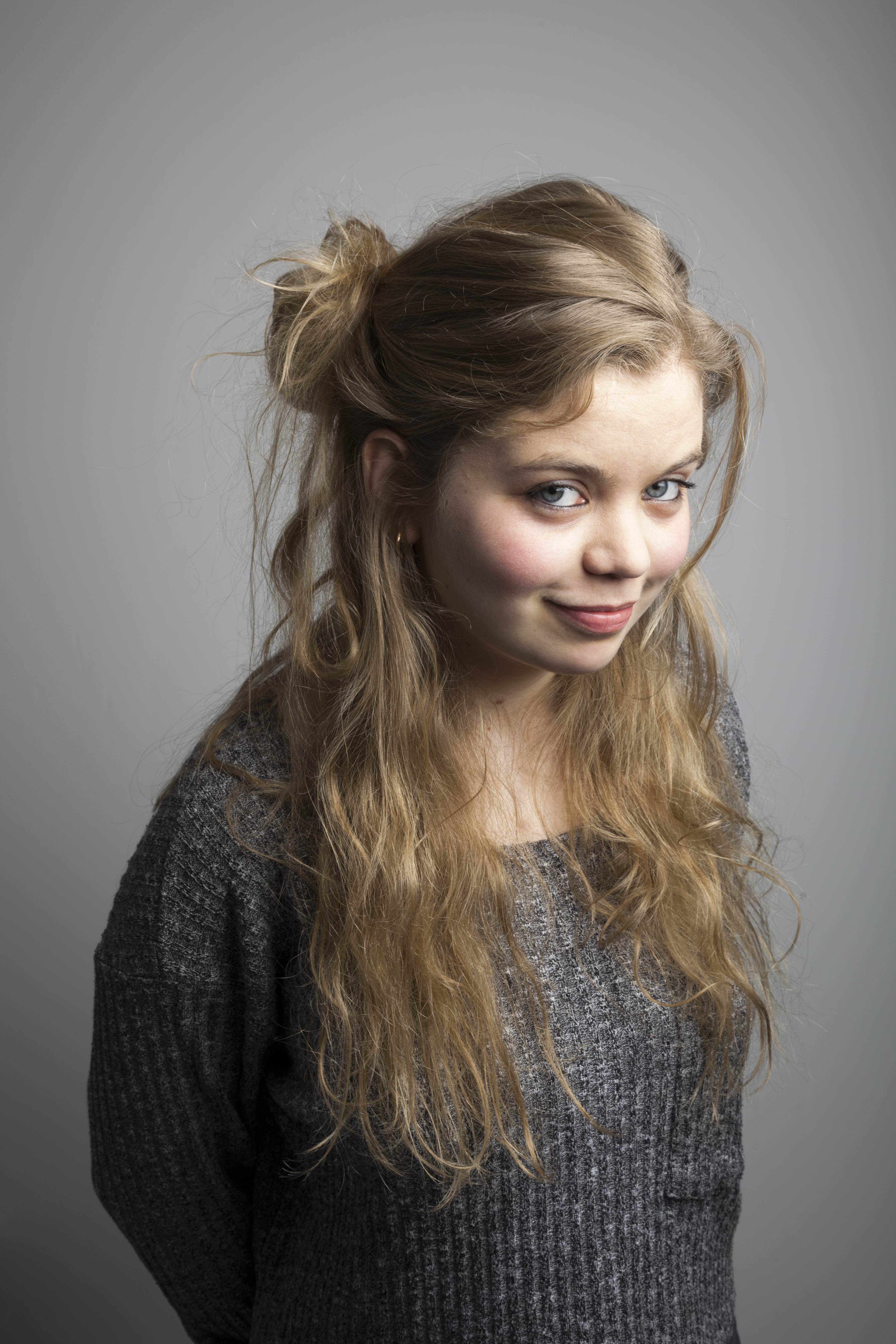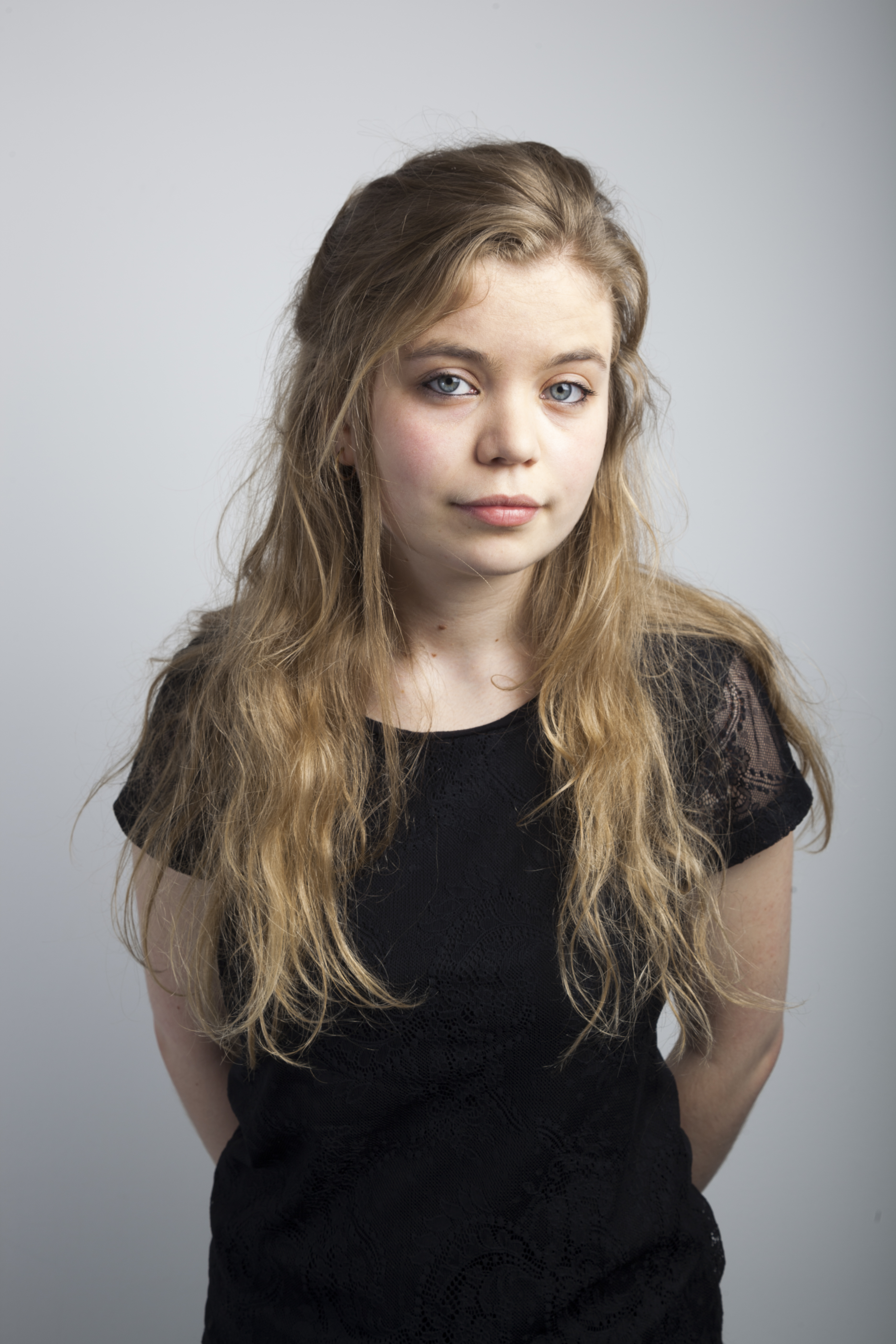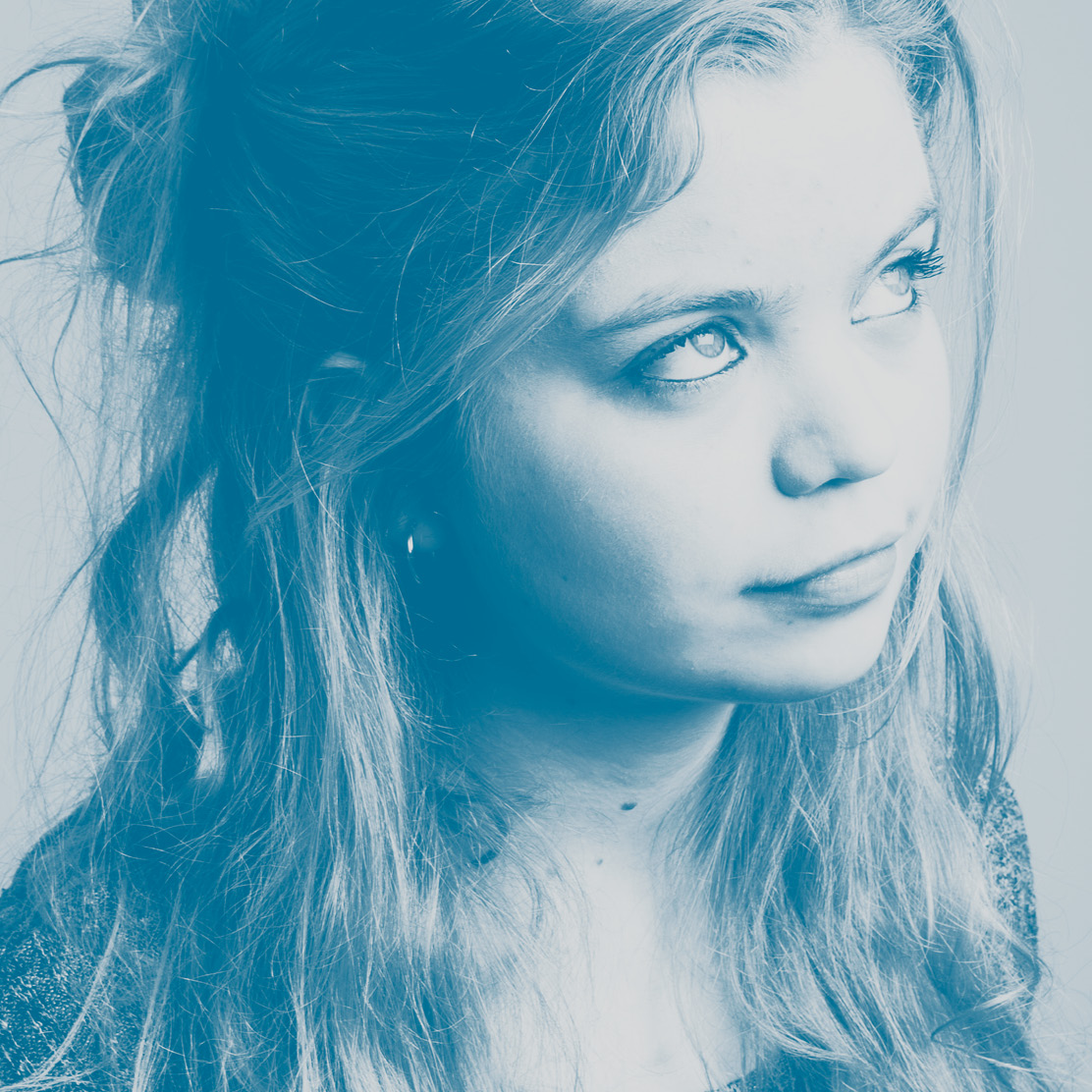INTERVIEW:
Héloïse Werner
____________________________
WHEN one hears the words ‘contemporary’ and ‘Opera’ in the…

same sentence, there might be a couple of reactions. Many assume the two are polemics and contradictions: others might be put off by the possibilities. Even if you are not an aficionado of Opera, that is not to say you cannot register and love a more contemporary form of the genre. Artists like Héloïse Werner are gaining huge praise and attention from art/music critics. Scenes from the End will see Werner take her unique take on Opera to London and Edinburgh. Showing at the Camden and Edinburgh Fringe: the show is liable to gain plenty of attention and praise. It is described as: “a new solo show exploring the overwhelming themes of death and grief. At times reserved and reflective, at times comically direct, it is a tour de force showcase for soprano Heloïse Werner. Using a colourful array of vocal and performative means, composer Jonathan Woolgar and director Emily Burns imagine historic, comic and tragic pictures of “the end”, from the heat death of the universe through to the demise of humanity and finally the end of an individual life. How might we grieve for them?” I was interested learning more about the show and what we can expect from Scenes from the End. I got a chance to chat with Werner and talk about her influences and craft; advice to young artists coming through and what her future holds.
________________________________
Hi Héloïse. For those who are new to you and your music. Can you tell us a little about yourself?
Hello! I’m Héloïse. I was born and raised in Paris but came to England to study music at university and liked it so much that I decided to stay after I graduated – I now live in London and I make music!
You are one-quarter of The Hermes Experiment. How did you guys come together? What is in the pipeline for the group?
We all met whilst studying music at university together, but we only formed the group after we graduated. We are a contemporary quartet made up of double bass, clarinet, voice and harp. We were Park Lane Group Young Artists this year. We have lots of exciting projects in the pipeline, including a residency at Aldeburgh Music, working on creating a new interpretation of The Winter’s Tale with director Nina Brazier, composer Kim Ashton and five actors. The project is supported by The Arts Council England, RVW Trust, Britten-Pears Foundation and Hinrichsen Foundation. We are also performing at King’s Place in February 2017 – we’ve compiled a programme marking the centenary of the Russian Revolution, featuring works by major Russian composers of the early 20th century, alongside three specially commissioned pieces by contemporary composers Emily Hall, Joel Rust and Timothy Salter.

Having studied music at the University of Cambridge, you are based in London now. How is life in the city for a contemporary opera singer? What has the public reaction been (like) to your performances?
London is great. There’s so much going on - every night you have a choice of so many shows to go and see. Even within the contemporary music scene, there’s always an awful a lot to choose from – organisations such as Listenpony, Bastard Assignments or KammerKlang, for instance – if you live in London, you should check them out! What I love about the London arts / music scene is that there’s a real sense of community - everyone is so supportive of one another, and we all go and see each other’s shows.
So far, the public reaction to my performances has been really encouraging and it’s making me want to do more!
On that note; you are about to take your one-woman opera, Scenes from the End, to the Camden Fringe. What kind of things/subjects can we expect to see in the show?
The show is called Scenes from the End and it celebrates the versatility of the unaccompanied voice, combining performance, text and music into a single whole. It seeks to be powerfully and directly communicative.
Scenes from the End goes from the cosmic to the very intimate, considering what “the end” might mean at different times and in different forms. Each of its three parts has a specific textual and musical focus. The first grieves for the universe, the second grieves for the human species, and the third grieves for an individual life.
This show is very personal to me: over the past few years, I have experienced grief. It's impossible to rationally "describe" your experience of grief because death is absurd. You can't make sense of it. Yet it's painful.
In our everyday life, we don't talk about death (fair enough, what is there to discuss?)
So when you lose someone, you find yourself surrounded by people who never talk to you about it - not in person anyway - because they simply can't. Or if they think they can, it quickly becomes unhelpful and patronising, in a weird sort of way.
I find it all fascinating, and even though I still can't make sense of most of it, I decided to make a show about it and see what would happen.

Scenes from the End sees you working with composer Jonathan Woolgar and director Emily Burns. What has the working relationship been between the three of you? How have rehearsals been going?
It has been wonderful – they are both wonderful people and so incredibly talented – I feel very lucky.
After London; the show heads to Edinburgh as part of the Festival Fringe. Will this be your first time in Edinburgh? Are you excited to be heading up there?
I did a show at the Fringe two years ago – I loved every minute and been waiting to go back ever since – so yes, I really can’t wait.
In terms of your influences growing up: which musicians and singers were particularly important to you?
Oh – that’s a tricky question. I would say Jacqueline Du Pré, Toni Ramon, who directed the French Radio Children’s Choir (Maîtrise de Radio France) of which I was a member for five years; my cello teacher Valérie Aimard, and my mother, who was a baroque flautist and generally a wonderful musician.

Classical music (is one of those genres) that is niche and outside the mainstream. Do you feel it should be given greater exposure; a chance to assimilate with mainstream tastes?
I wouldn’t say it’s “niche and outside the mainstream” – but it’s true that it’s perhaps less accessible than some other genres. However, so many people are working on that and it’s certainly changing– check out Multi Story for instance!
There will be a lot of young musicians/singers coming through that will be inspired by what you are achieving. What advice would you offer them?
If you want to do it, just do it!
To end the interview, and for being a good sport, you can choose any piece of music of your choice and I will play it here.
BACH – anything by Bach – it’s good for the soul
[youtube https://www.youtube.com/watch?v=zuHQgmoSKGs&w=420&h=315]
All Photos: Nick Rutter
______________________
Follow Héloïse Werner

Facebook:
https://www.facebook.com/heloise.werner
Official:
Twitter:
https://twitter.com/Heloise_Werner?ref_src=twsrc%5Etfw
SoundCloud:
https://soundcloud.com/the-hermes-experiment (The Hermes Experiment)

